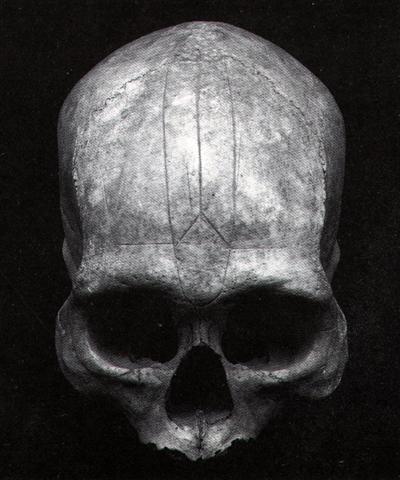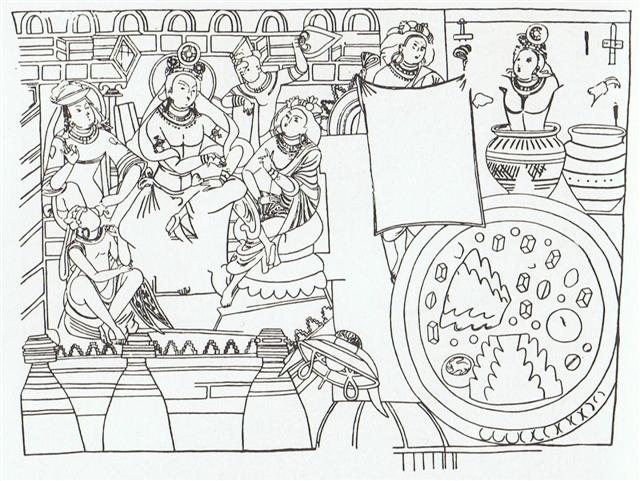|
584
67 And I should add that there was a 'bald-headed woman' at the place with no rain: ... The ancient Chinese believed that with the arrival of the dry season the earth and sky ceased to communicate (Granet, p. 315, n. 1). The Spirit of drought was personified by a little bald woman³¹ with eyes at the top of her head. While she was present, the sky refrained from sending rain, so as not to harm her (ibid., n. 3) ... ³¹ Hills and rivers are the first to suffer from drought. It deprives hills of their trees, i.e. their hair, and rivers of their fish, which are their people ... The same word, wang, means mad, deceitful, lame, hunchbacked, bald and Spirit of drought (Schafer) ... ... In South America the rainbow has a double meaning. On the one hand, as elsewhere, it announces the end of rain; on the other hand, it is considered to be responsible for diseases and various natural disasters. In its first capacity the rainbow effects a disjunction between the sky and the earth which previously were joined through the medium of rain. In the second capacity it replaces the normal beneficient conjunction by an abnormal, maleficient one - the one it brings about itself between sky and earth by taking the place of water ... ... It was 4 August 1968, and it was the feast day of Saint Dominic, patron of Santo Domingo Pueblo, southwest of Santa Fe. At one end of the hot, dusty plaza, a Dominican priest watched nervously as several hundred dancers arranged in two long rows pounded the earth with their moccasined feet as a mighty, collective prayer for rain, accompanied by the powerful baritone singing of a chorus and the beat of drums. As my family and I viewed this, the largest and in some ways the most impressive Native American public ceremony, a tiny cloud over the Jémez Mountains to the northwest got larger and larger, eventually filling up the sky; at last the storm broke, and the sky was crisscrossed by lightning and the pueblo resounded with peals of rolling thunder ... The top of a mountain could be bare (headed) or it could be covered (by growth - 'hair').
... Ta'aroa sat in his heaven above the earth and conjured forth gods with his words. When he shook off his red and yellow feathers they drifted down and became trees ... The essence of this basic idea is not hair, feathers, cloth, etc but presumably the contrast between covered and bare. 'Peak-about' was a lesson for all who were very young. It is the playful introduction to the ideal world where everything is going to return. I will be back, don't you worry! For the world of negation without return was too terrible to contemplate. Many great civilizations have ceased to exist due to lack of rain. From this we can perceive how the tides would cover and then lay bare the basic ancient food source of the middle world. The movements of the Moon (via its tides) created life. The waters would rise and then recede in all eternity.
Evidently the Egyptians illustrated the Great One (Aquarius) as a God of Immortality, Heh:
At bottom left and right are depicted tadpoles (signs of rebirth and symbols for 100000 - 'a hundred thousand').
Frogs emerged together with rain waters - which would cover the earth and quickly change its colour from dark brown to green (the colour of grass, leaves - and also of old copper). ... In north Asia the common mode of reckoning is in half-year, which are not to be regarded as such but form each one separately the highest unit of time: our informants term them 'winter year' and 'summer year'. Among the Tunguses the former comprises 6½ months, the latter 5, but the year is said to have 13 months; in Kamchatka each contains six months, the winter year beginning in November, the summer year in May; the Gilyaks on the other hand give five months to summer and seven to winter. The Yeneseisk Ostiaks reckon and name only the seven winter months, and not the summer months. This mode of reckoning seems to be a peculiarity of the far north: the Icelanders reckoned in misseri, half-years, not in whole years, and the rune-staves divide the year into a summer and a winter half, beginning on April 14 and October 14 respectively. But in Germany too, when it was desired to denote the whole year, the combined phrase 'winter and summer' was employed, or else equivalent concrete expressions such as 'in bareness and in leaf', 'in straw and in grass' ... This should motivate the symbol of Venus to be at the rising fish (Anunitum), next to the Stag (who stole the fire - Gouyo!): ... All was now ready for departure except that there was no fire in the smithy. The ancestor slipped into the workshop of the great Nummo, who are Heaven's smiths, and stole a piece of the sun in the form of live embers and white-hot iron. He seized it by means of a 'robber's stick' the crook of which ended in a slit, open like a mouth. He dropped some of the embers, came back to pick them up, and fled towards the granary; but his agitation was such that he could no longer find the entrances. He made the round of it several times before he found the steps and climbed onto the flat roof, where he hid the stolen goods in one of the skins of the bellows, exclaiming: 'Gouyo!', which is to say. 'Stolen!'. The word is still part of the language, and means 'granary'. It is a reminder that without the fire of the smithy and the iron of hoes there would be no crops to store ...
The Rainbow between the Stag and Anunitum was drawn as a sky dome with rising fresh new land in the middle. ... What is that canoe that hither sails, / Overarched by the rainbow, / Encompassed about by white tern? // The land of Raroia is encircled. / This is Raroia, land of soft breezes, / From which sounds the lament of Marere-nui. Kokohu. 1. Container, vessel. 2. To put one's hands together, forming a scoop to hold something: ka-kokohu hai rima mo avai-atu te kai, put your hands like this, so I can give you some food; ka-kokohu rivariva o marere, hold your hands together well, so that (the food) does not spill. 3. Figuratively: mother (matu'a poreko) because she is the vessel in which the baby's body is formed. Vanaga. Softly sound the rustling coconut leaves. // Oh, how my land / Inspires love! ...
... The earth rises up from the sea again, and is green and beautiful and things grow without sowing. Vidar and Vali are alive, for neither the sea nor the flames of Surt have hurt them and they dwell on the Eddyfield, where once stood Asgard. There come also the sons of Thor, Modi and Magni, and bring along his hammer. There come also Balder and Hoder from the other world. All sit down and converse together. They rehearse their runes and talk of events of old days. Then they find in the grass the golden tablets that the Aesir once played with. ... The virgin daughter of the air, Ilmatar, descends to the surface of the waters, where she remains floating for seven hundred years until Ukko, the Finnish Zeus, sends his bird to her. The bird makes its nest on the knees of Ilmatar, and lays in it seven eggs, out of which the visible world comes. But this world remains empty and sterile until Vainamoinen is born of the virgin and the waters. Old since birth, he plays the role, as it were, of 'midwife' to nature by causing her to create animals and trees by his magic song. An inferior magician from Lapland, Youkahainen, challenges him in song and is sung step by step into the ground, until he rescues himself by promising Vainamoinen his sister, the lovely Aino ... Two children of men will also be found safe from the great flames of Surt. Their names, Lif and Lifthrasir, and they feed on the morning dew and from this human pair will come a great population which will fill the earth. And strange to say, the sun, before being devoured by Fenrir, will have borne a daughter, no less beautiful and going the same ways as her mother ... We can now better understand why Metoro said i ako te vai early on side b of the A tablet.
... The life-force of the earth is water. God moulded the earth with water. Blood too he made out of water. Even in a stone there is this force, for there is moisture in everything. But if Nummo is water, it also produces copper. When the sky is overcast, the sun's rays may be seen materializing on the misty horizon. These rays, excreted by the spirits, are of copper and are light. They are water too, because they uphold the earth's moisture as it rises ...
... Indeed, we can find the basic ideas already in the Old Testament - women were like cattle. And even Ogotemmêli whispered so as the women would not hear him reveal anything from his closely guarded male cosmos. And the women guarded their mouths with pieces of cloth in order not to disturb the thoughts of man ...
... If the moral attitudes of primitive man are hard for the Western mind to grasp and translate into familiar terms, there can hardly be one more so than the Maori notion of cooked food as the lowest thing, the furthest opposite to the sacred, in fact filthy. For us to divest our minds of Christian notions of good and evil and substitute the concept of simple payment, harm for harm (or 'revenge', as we commonly call it with a misleading moral overtone), is simple enough - perhaps because every schoolchild has at some time known the latter in his horrid heart. Even the Maori custom of weeping over friends when they arrive instead of when they depart has a certain logic that is not beyond our comprehension. But to enter, against all conditioning, into the minds of a people for whom cooked food and the act of eating could carry the overtones of meaning that we in our greater wisdom attach to their physical opposites and to sex, is a good deal harder. One has somehow to throw the mind into a state of being that is radically unlike ours. Yet if the trick can be done, a light comes on ...
|
|||||||||||||||||||||||||||||||||||||||||||||||||||||||||||


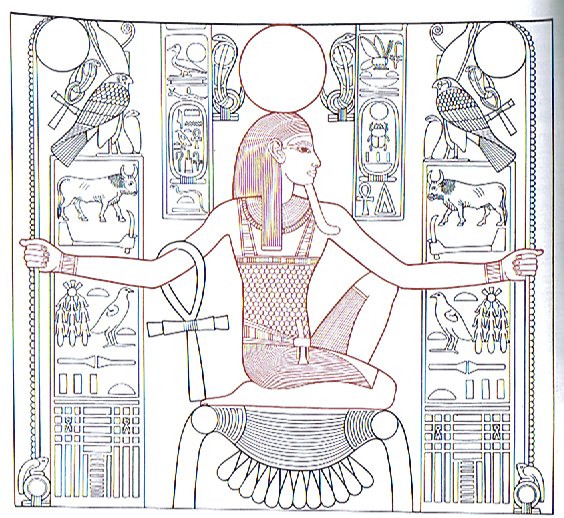
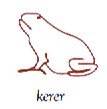
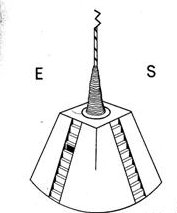


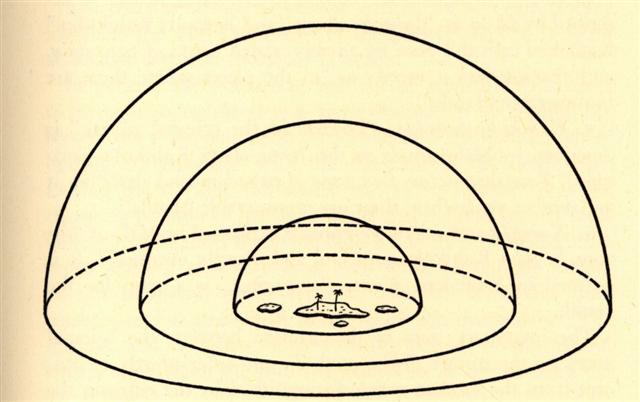


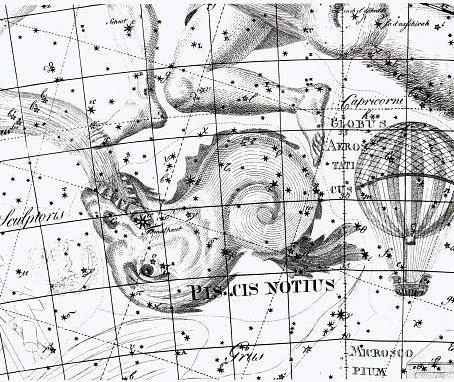


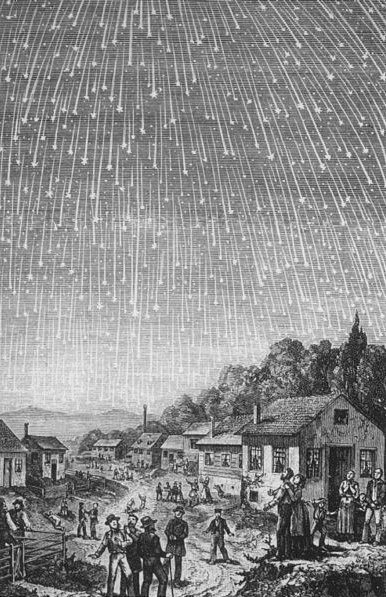
.jpg)
